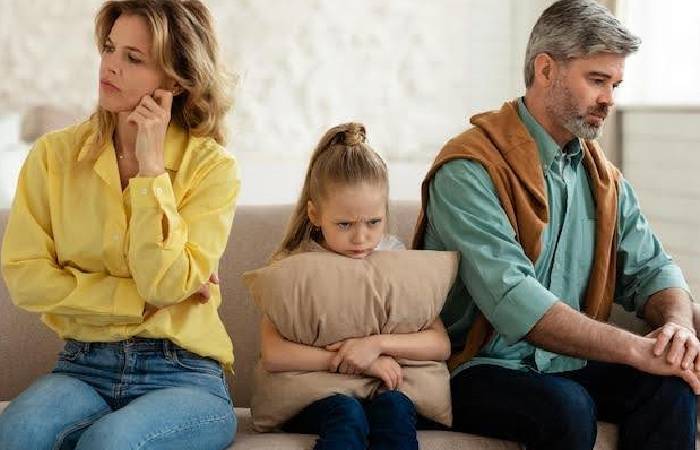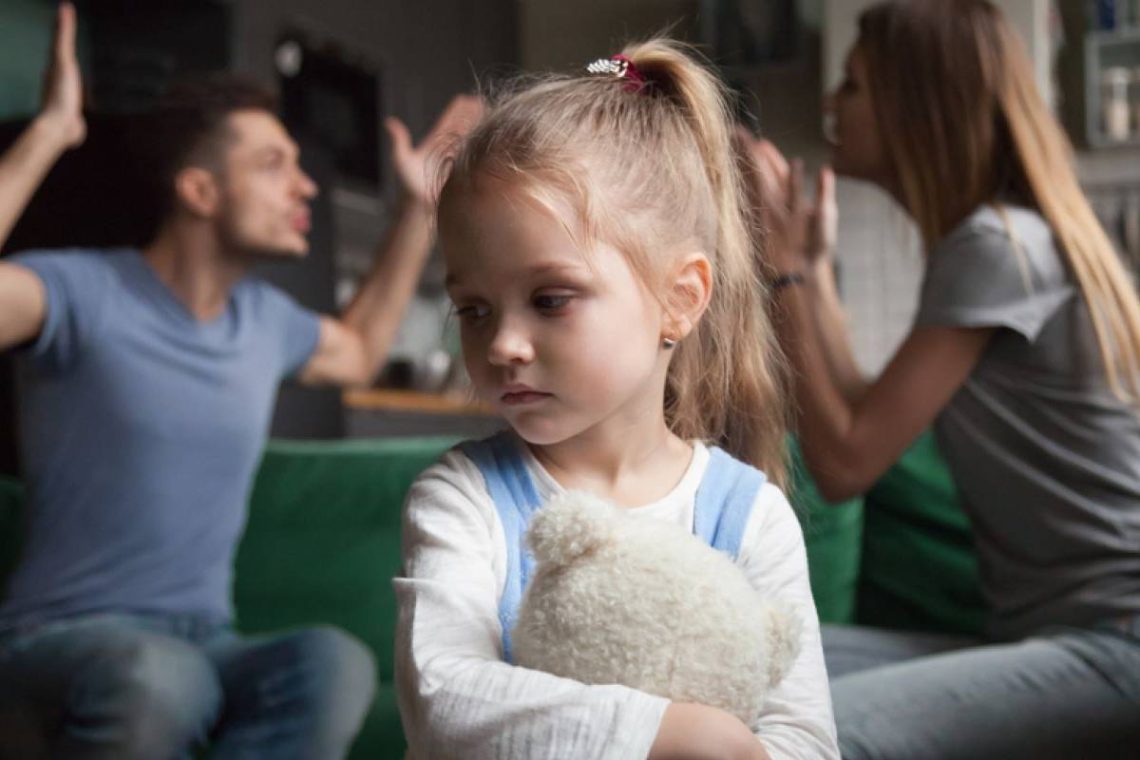Children’s responses to divorce can vary, but experts often highlight the worst age for divorce for children as a time when they may feel unfortunate and confused. It can lead to changes in behavior and challenges in adjusting to the new family situation.
When parents separate, it is a stressful experience for all family members. The following information is intended to support you. Because even if you separate or divorce, you will remain parents for the rest of your life.
What is the situation and the Worst Age for Divorce for Children?
Most children experience their parents’ separation as a shock. Almost all children wish that their parents would reconcile and live together again. They love both parents and are torn. Children can develop oppressive feelings such as pain, fear, anger, or guilt. Prepare yourself for such reactions and try to endure these feelings, give them space, and understand them. Separation or divorce does not have to have a negative impact on children’s development. It would help if you kept a close eye on your children.
What you can do as a parent
- Give yourself and your children time and space to learn how to deal with these significant changes, especially during what experts consider the worst age for divorce for children.
- Explain to your children that they are not to blame for your separation. Talk openly and age-appropriately about the reasons for the separation.
- Tell your children that, as a parent, you want to continue discussing essential issues together.
- When possible, let your children have a say in issues that affect them (such as the type of accommodation). It would help if you could discuss this with the other parent beforehand.
- Your children need special attention from both of you, especially during this time. It is essential that you, as a mother or father, spend time with the children and are open to their concerns.
- Allow your children to have regular contact with the other parent and ensure this happens. For example, you can take your children to the other parent.
- Share important information with the other parents, such as special events at school.
- Let the other parent decide how they want to be a father or mother; only try to talk to them if there are significant disagreements.
- Accept that there will be some turbulence and disagreements when your children live in two places. This is not always easy for children, and there may be temporary changes in their behavior. This is not a sign that they are unhappy in the other place.
- Allow your children to like the other parent and to show this openly. Ensure your children can express themselves freely without you using this against the other parent.
- Do not drag your children into a parental argument.
- Inform people who are essential to your children, such as teachers, about the upcoming changes. It would help if you could discuss this with the other parent beforehand.
How do children react according to their age?
Children react differently to divorce, depending on their age. Younger kids, who experts often point out as being at the worst age for divorce for children, may show clinginess or become more irritable. Older children and teens might feel angry, sad, or guilty, especially if caught in their parents’ conflicts. Understanding these age-related reactions can help parents support their children effectively during this challenging period.
What’s the Hardest Age for Children to See Their Parents Split?

Children aged 0 to 2.5 years
Irritated, whiny behavior, withdrawal, fearful behavior towards strangers, and clinging to familiar people can be observed. At this age, a separation or divorce shakes the relationship with the parents, which is only just beginning to develop.
Recommendation
Regular contact with both parents should be maintained, even for a few hours. This can help reduce children’s fear of loss.
Children aged 2.5 to 3 years
The children usually show apparent behavioral changes such as separation anxiety, aggressiveness, and defiant behavior. The children have particular fears and questions about their situation. They realize that they are dependent on their parents.
Recommendation
Give children sufficient, child-friendly explanations about a parent’s departure. Regular contact should be maintained with both parents.
Children aged 3 to 5 years
The symptoms are similar to those in the previous age group but more intense. Symptoms such as bedwetting, stomach aches, or headaches can also occur. The children often think that they are the cause of the departure, which can lead to feelings of guilt. Some children, therefore, behave in an overly conforming manner. When they realize they are not getting back together, the anger can be directed at one or both parents or outside caregivers.
Recommendation
Give children sufficient, child-friendly explanations about a parent’s departure. Enable regular contact with the other parent. This will help the child get used to the new situation.
Children aged 5 to 6 years
Increased anxiety and aggression, increased crying, and separation anxiety are particularly noticeable. However, the reaction patterns vary considerably. Some children do not show their feelings openly.
Recommendation
Parents should give explicit consent for the child to have a good relationship with the other parent.
Children aged 6 to 9 years
At this age, children’s most prominent characteristics are deep sadness and helplessness. They are too old to relieve their fears or guilt through impulsive behavior. Conflicting emotions of anger and love toward the same person can be stressful. They may experience a drop in school performance, behavioral problems, and difficulties dealing with peers. The child realizes that his feelings do not necessarily coincide with those of adults. For example, his mother does not necessarily share the joy of meeting his father.
Recommendation
Children should avoid deciding on disadvantages or excluding other parents, for example, by asking questions such as: “You don’t want to go on holiday with your mother any longer, right?”
Children aged 9 to 12 years
Prolonged, intense arguments between parents can lead to depression, low self-esteem, and difficulties at school for children. They try to understand which of the parents is more helpless and which is more guilty and often take sides. Children at this age usually compare their family situation with other families. It can lead to a feeling of shame if no one in their environment has experienced a separation/divorce.
Recommendation
Children at this age are mainly dependent on emotional support. It is also important to build up children’s protective factors by giving them a hobby that can help them boost their self-esteem.
Children aged 12 to 15 years
Adolescents at this age often react very strongly to their parents’ separation. These feelings include anger, sadness, pain, shame, and feeling abandoned. Some adolescents take on too much responsibility by sensitively responding to their parents’ stresses (parentification). As a result, the normal steps of separation may not be taken. Other adolescents separate hastily and feel secure in peer groups.
Recommendation
Children need both parents as contact persons and guidance in this situation. Try to be there for your child.
Children aged 15 to 18 years
Puberty is a difficult period of life even if the parents do not separate. Peers become increasingly important for the well-being of adolescents, and distance develops from parents. If parents separate, conflicts of loyalty towards parents can arise.
Recommendation
It is important to remain true to yourself and show feelings such as grief. If young people see how parents deal well with unpleasant feelings and separation, this can be a positive experience because the parents show how to master difficult situations.
Conclusion on worst age for divorce for children
If a separation or divorce occurs, parents must navigate not only the reorganization of finances and living arrangements but also the care of the children. This is crucial at what experts consider the worst age for divorce for children, regardless of whether the parents were married before the separation or not. It involves decisions about parental responsibility, custody, contact rights, and maintenance, ensuring the well-being of the children remains a top priority.

